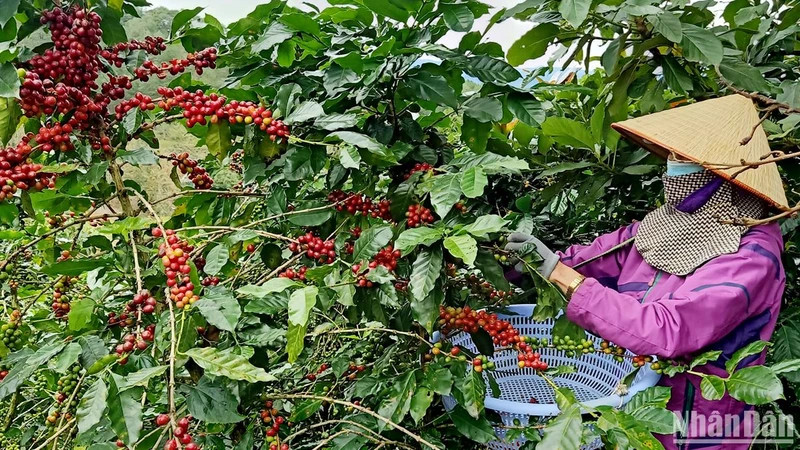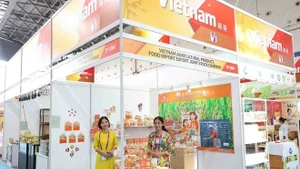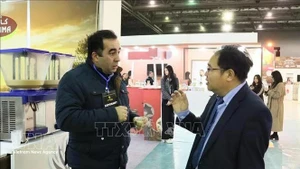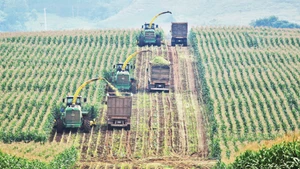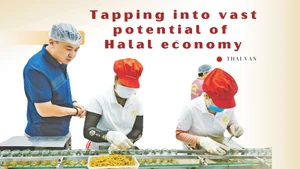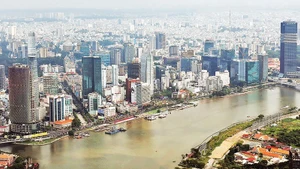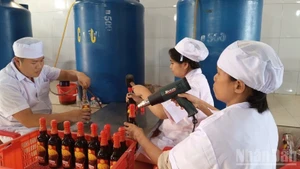On the morning of October 28, in Da Lat City, of the Central Highlands province of Lam Dong, the National Agricultural Extension Centre organised a workshop on the current status of agricultural material use and solutions for waste collection and treatment in coffee production.
According to the Director of the National Agricultural Extension Centre, Le Quoc Thanh, the workshop aimed to raise awareness among agricultural extension officers, community extension officers, farmers, coffee production facilities and related partners about the current status of pesticide use and its impact on the environment.
This helps coffee producers master measures to manage and treat waste in coffee production, enhance the role and responsibility in using agricultural inputs (seeds, pesticides, herbicides, fertilisers, irrigation water, etc.) in coffee production, contributing to improving product quality, and protecting public health and the environment.
A Department of International Cooperation representative under the Ministry of Agriculture and Rural Development informed that coffee is one of Vietnam's key agricultural export products, with an export revenue of more than 1 billion USD. The sector has contributed significantly to creating jobs and increasing income for farming households.
At the workshop, many delegates proposed solutions to develop the Vietnamese coffee industry effectively and sustainably, such as raising the producer’s awareness and responsibility in managing and treating waste in coffee production and not reusing packaging, containers of fertilisers, pesticides, and chemicals to contain products.
Pesticide and fertiliser packaging and containers must be collected and treated according to environmental protection regulations, and waste must be collected and classified properly and transferred to competent units for treatment according to regulations on hazardous waste management.
